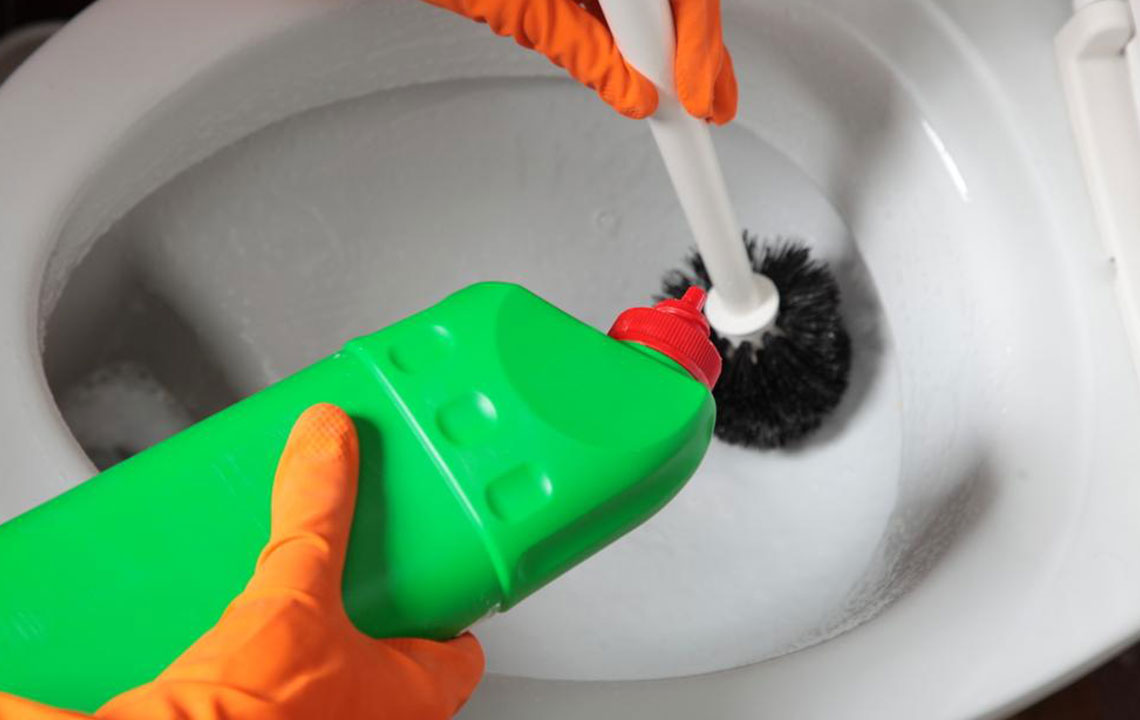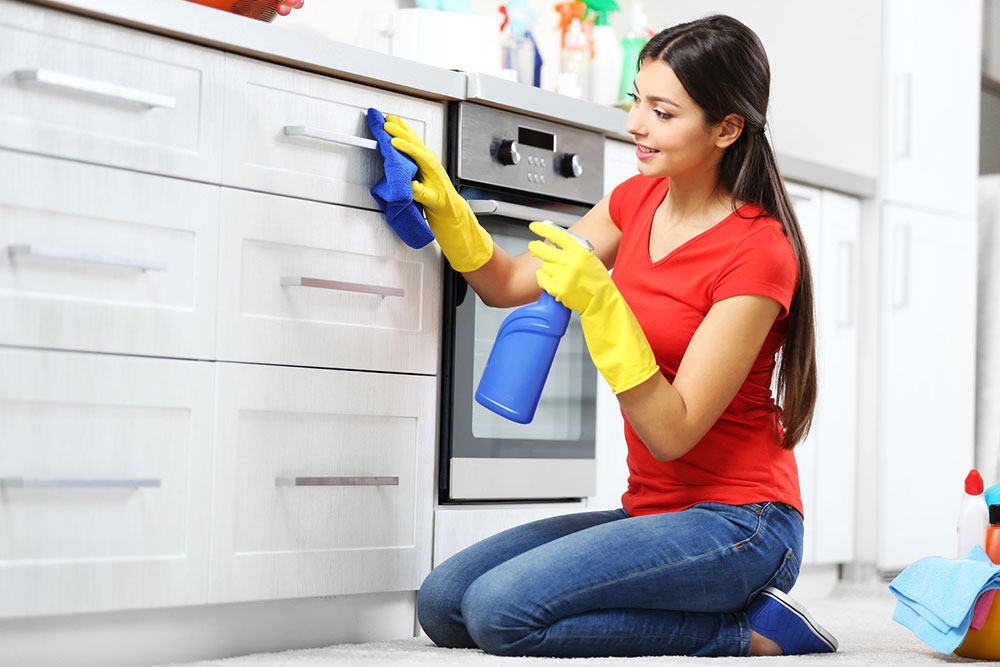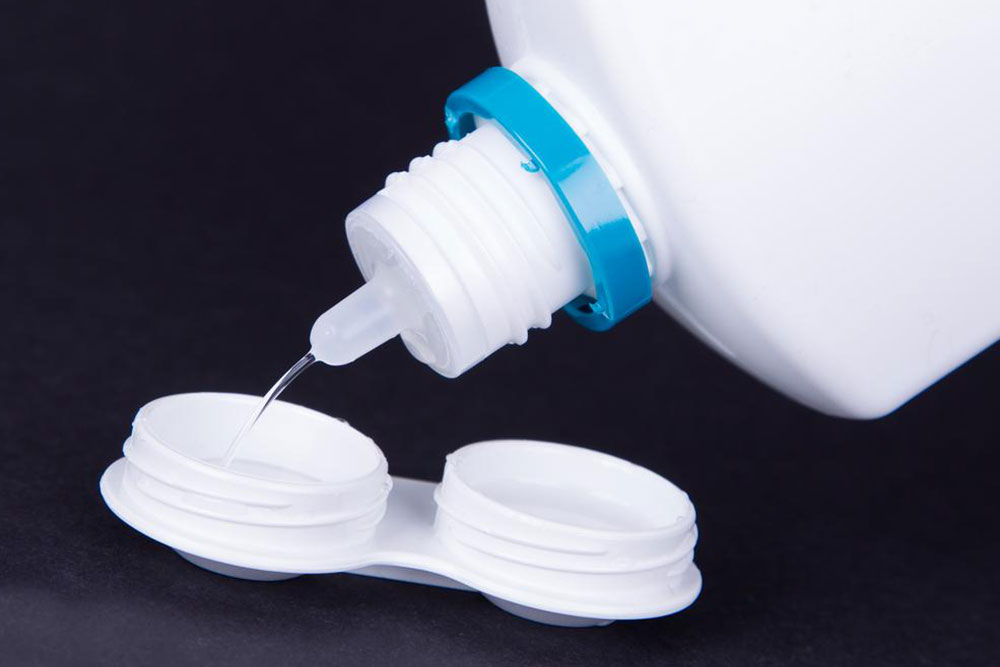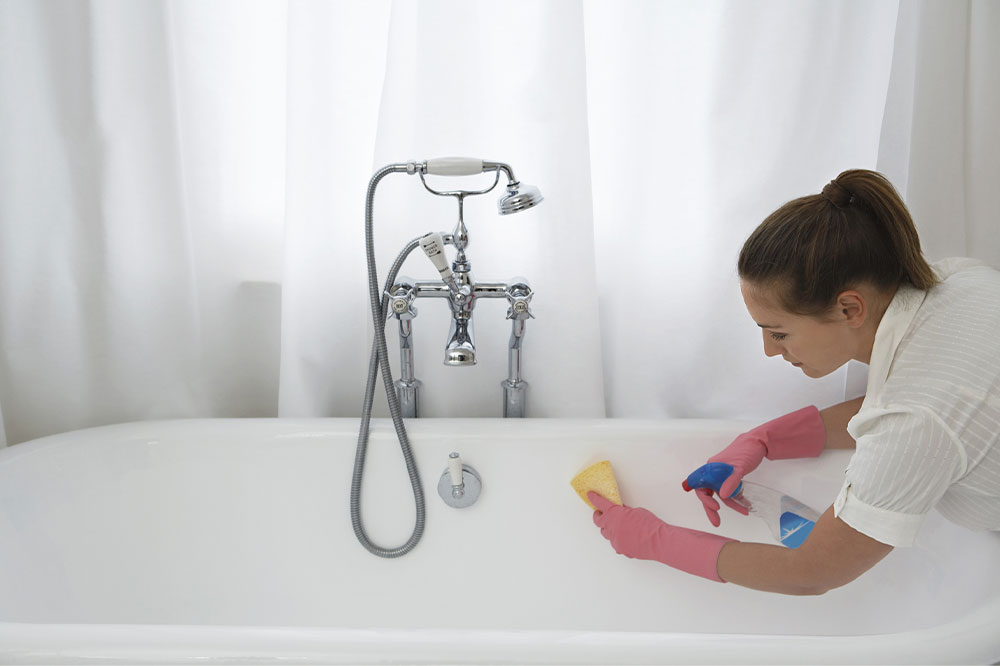Essential FAQs for Effective Spring Cleaning Practices
Discover essential tips for spring cleaning with answers to common questions about mental preparation, product replacement schedules, and maintaining a hygienic home. This guide helps you declutter efficiently, adopt eco-friendly practices, and set a routine for a cleaner, healthier space.
Sponsored

Key Questions About Spring Cleaning
Spring cleaning offers a perfect opportunity to refresh your living space, declutter, and boost efficiency. It goes beyond physical tidying—it's also a mental reset. Proper preparation, selecting the right tools, and using effective techniques help streamline the process. More homeowners are adopting eco-friendly methods to safeguard their families and protect the environment during spring cleaning. Having a room-by-room guide makes the task easier. Here are four common questions that can help clarify your spring cleaning approach—
How can I prepare myself mentally for spring cleaning?
Preparing mentally involves visualizing your ideal space and staying motivated to complete your goals. Visualizing your desired setup aids in planning what tools and storage solutions you'll need, making the cleaning more organized and less overwhelming. Maintaining motivation is essential, especially when facing a long checklist of chores, to ensure a smooth cleaning experience.
How often should bathroom essentials be replaced?
Spring cleaning is a good time to assess and refresh bathroom products. Cosmetics should be replaced based on their expiration dates, typically every three months to two years. Toothbrushes need replacement every three to four months, as recommended by dental experts. Hairbrushes should be replaced every six months to a year, especially when bristles show signs of wear.
What is the recommended replacement cycle for bedroom items?
In the bedroom, certain items benefit from timely replacements. Mattresses should ideally be replaced after ten years of use. Bedding such as sheets usually need replacement every two years due to fiber breakdown. Underwear should be replaced every six months to a year for hygiene purposes.
How often should kitchen items be refreshed for cleanliness?
Kitchen hygiene involves more than just checking expiry dates; it includes replacing and cleaning daily-use items. Dish towels and sponges should be replaced daily due to moisture and bacteria buildup. Cutting boards require regular cleaning and should be replaced when showing signs of wear or when switching between raw meats and vegetables. Non-stick cookware typically lasts about five years; replace it when peeling or damage occurs.






